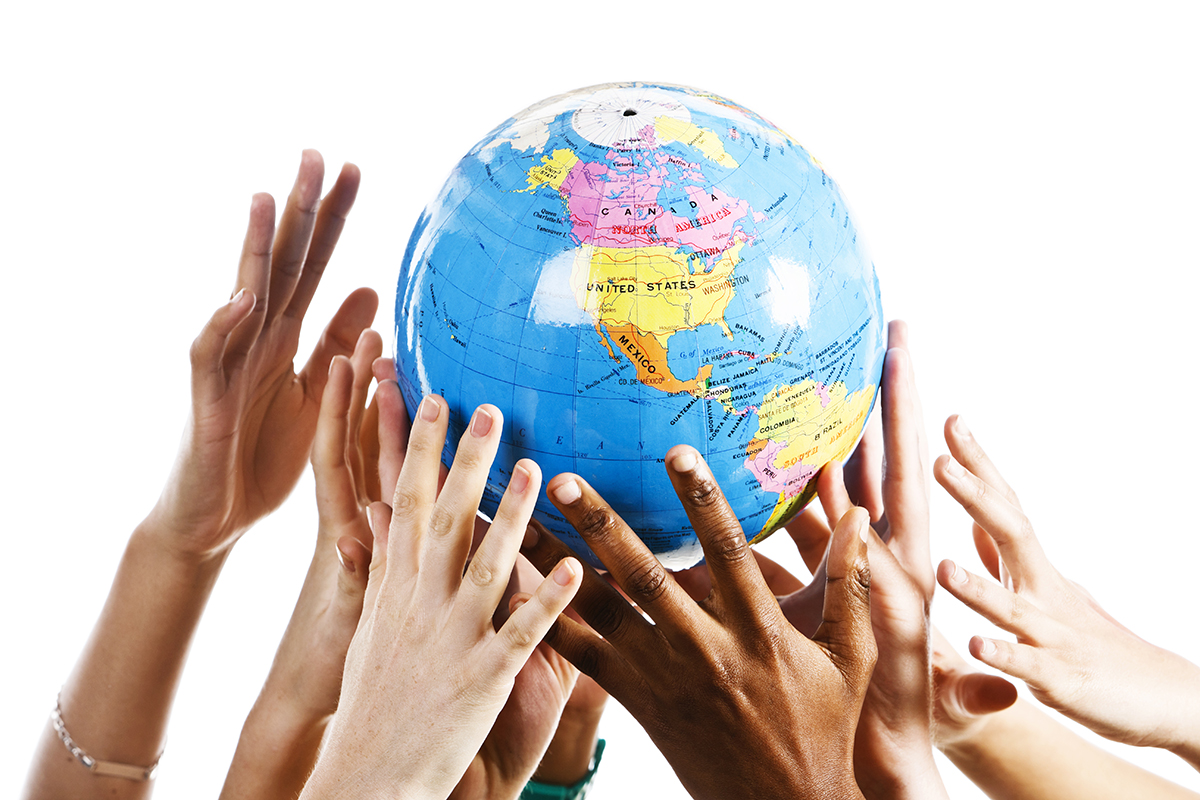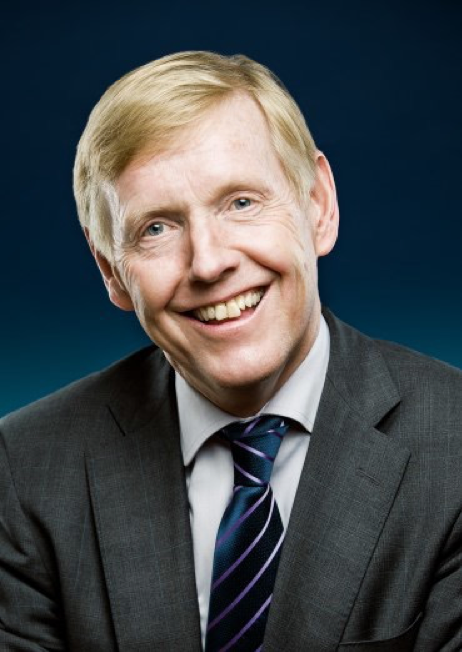 Each month, “Ambassador’s Insights” will address various topics facing modern Norway and the bilateral relations between Norway and the U.S. This article first appeared in Viking’s June 2020 issue.
Each month, “Ambassador’s Insights” will address various topics facing modern Norway and the bilateral relations between Norway and the U.S. This article first appeared in Viking’s June 2020 issue.
At this time of great uncertainty and global disruption, a coordinated international response through a functioning multilateral system is needed more than ever—a system where countries work together as members of international organizations. We are all affected by the coronavirus, and no country can overcome this crisis alone. The current multilateral system, consisting of the United Nations, World Bank and other institutions, was developed with American leadership and great political courage as a response to the Second World War. For Norway, cooperation under a rules-based international order is crucial to our security, economy and prosperity.
International organizations establish and implement common rules and norms. The multilateral system serves as a dispute settlement mechanism and as a monitoring body, as well as a platform for generating ideas and knowledge. In most areas of society, one or more international organizations fulfill these important functions. Small countries, like Norway in particular, rely on there being a set of rules that all nations must follow.
Norway has taken a leading international role to promote a coordinated and effective humanitarian response to the coronavirus pandemic with partners such as USAID. We continue to support efforts to improve global health, for example through the World Health Organization and GAVI (the Vaccine Alliance). We must ensure that once a vaccine is developed, it is made globally accessible and rapidly distributed to all, especially vulnerable groups and low-income countries.
We must also address the long-term development consequences of the coronavirus pandemic. Norway initiated the establishment of a new UN multi-donor trust fund to assist countries in need with mitigating the socio-economic effects of the crisis. At the time I am writing this (early April), the government has already pledged an initial contribution to the fund of NOK 150 million. The fund is an example of the firm belief that collective and coordinated effort is needed to solve humanity’s common challenges. From Norway’s viewpoint, channelling such efforts through our existing international order is the best chance for success.
The multilateral system that has served Norway and the international community for over 75 years currently faces some major challenges, including the fact that the global balance of power is shifting. Multilateral cooperation cannot work when major states choose to solve their problems bilaterally or unilaterally. As liberal values, standards and rights are under pressure, the world faces many new and urgent problems that we must solve together, but the multilateral system may not have capacity to handle them.
Norway played an active role in establishing the multilateral order in the post-war years. The country believes that a system that encourages dialogue over conflict and cooperation over rivalry is worth guarding.
A key goal for Norwegian foreign policy for the coming years is to support binding international cooperation and the multilateral system as a whole, enabling us to strengthen our ability to address common challenges and safeguard national and global interests. This is also a main driver for Norway’s candidacy for a seat on the U.N. Security Council for 2021-2022.
As we find ourselves in the biggest crisis the world has faced since the Second World War, I hope we find the same political courage as we did back then. For all countries, the only way out of this crisis is through global cooperation. And as in the past, Norway will consistently contribute to that.
 About the Author
About the Author
Ambassador Kåre R. Aas currently serves as Norway’s Ambassador to the United States.

 About the Author
About the Author